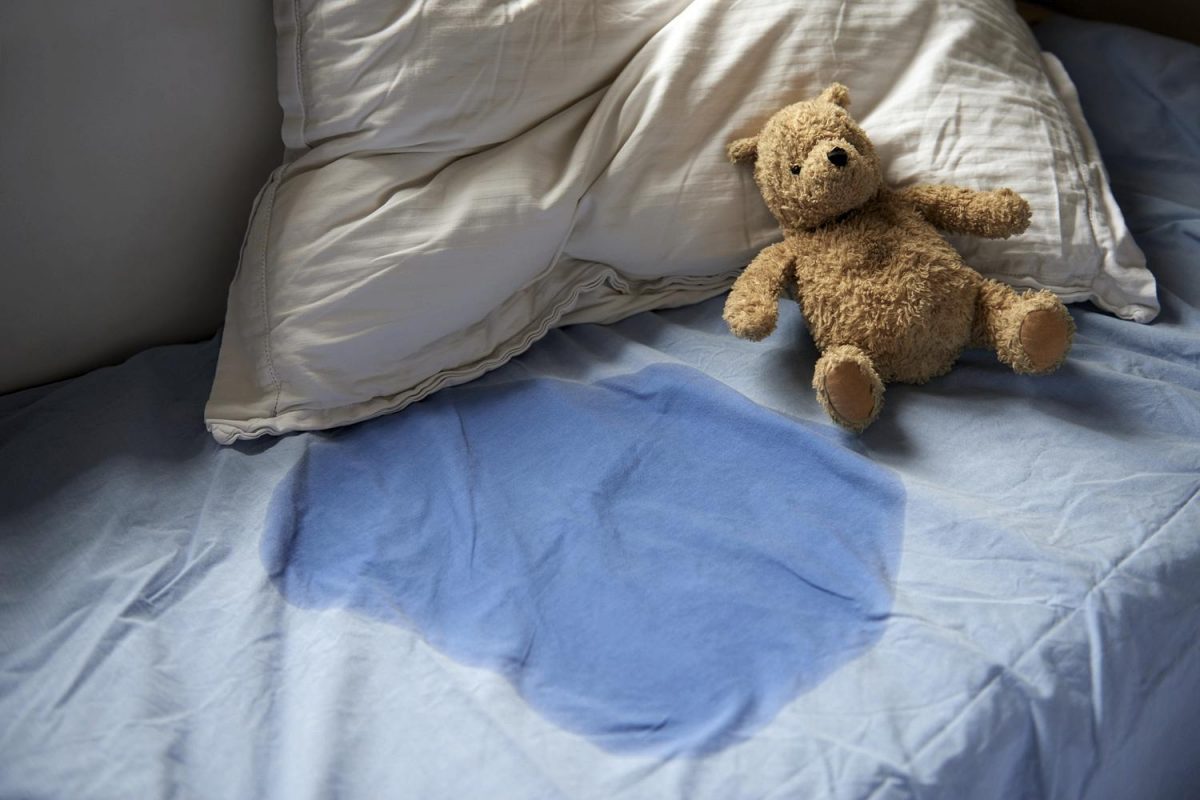
Every Mother Should Know These Tips And Natural Home Remedies To Stop Bed-Wetting In Children
- Ayo AL
- October 16, 2018
- Health, Living
- home remedies to cure bed wetting, homw remedies to cure bed wetting, How to Stop Bedwetting, the instant cure for bedwetting
- 0 Comments

We know that most parents are always worried when their children do not stop bed-wetting at the age they think they should.
Bedwetting can be an embarrassing problem for anyone to have, regardless of age. Thankfully, there are many steps you can take at home to limit the frequency of bedwetting incidents.
Every Woman Should Know These 3 Date Rape Drugs And How To Avoid Being A Victim
There are several reasons why a child might be a bed-wetter. First, it could be genetic since almost all children who wet the bed have a relative that had the same problem.
Children do not do this on purpose or out of laziness. It often occurs because of a small bladder, delayed bladder maturation, excessive urine production, urinary tract infection, stress, chronic constipation, or a hormone imbalance.
Bed-wetting can also be caused by a lack of communication between the bladder and the brain.
Below are some simple methods to cure bed-wetting
1. Reduce their stress
You should reduce stress in your child’s life in every area. One common cause of bedwetting in children is stress. Stress can be caused by many different things in your child’s life and reducing that stress will lower the chances of him wetting the bed.
Work with your child to reassure him about any stressful issues to help him stop his bedwetting.
2. Avoid waking up your child at night.
Although it may seem helpful initially, waking your child up during the night to remind him to urinate can eventually hurt your efforts.
This can send the wrong messages to your child’s body and may prevent her from listening to the natural instructions that his body is giving him. Let your child sleep normally, helping him only if he has a bedwetting accident.
3. Limit fluid intake before bed.
Drinking a large amount of liquid before going to be bed can be a likely cause of bedwetting. Consuming too much liquid before bed can cause the bladder to become overly full. Avoid drinking too much of anything before bed to lower the chances of wetting the bed.
To help with this, try to drink more liquids earlier in the day and reduce the intake in the evening. Also, drinks like soda, tea or hot chocolate can increase the need to urinate. These should be totally avoided at night.
4. Talk about it
Studies have shown that kids who wet the bed have low self-esteem, probably because they feel that it’s something they should be able to control. It can help to talk about how common it is and if a family member had the same problem,you should also share that.
You should know that children often feel bad about bed wetting, and it helps to know that somebody else in the same family had the same problem.
5. Set an alarm for a random time.
Using an alarm clock to wake up at night to urinate can help a lot with bedwetting. However, the body may get used to a regularly set alarm which can make this method less effective.
To prevent this from happening, set the alarm for a different time each night, so that your child does not get used to a particular time, which lowers the chances of bed-wetting.
6. Help your child build urinary control.
Whether it’s due to weak muscles or undeveloped habits, your child can benefit from practicing and exercising patience when she wants to urinate. This can help reinforce the idea that there are times when it is appropriate to urinate as well as help strengthen her ability to hold urine throughout the night.
Ask your child to try holding his/her urine for a few minutes after she feels the urge to use the restroom. Please know that you should not extend this period of them holding urine for more than 10 minutes.
Natural Home Remedies To Help With Bed-wetting
1. Cranberry Juice has been said to prevent the passage of urine at night.
2. Bananas are considered to bind to the stomach and have been used to prevent bed-wetting at night. A banana at night before sleep can relieve you from urinating.
3. Walnuts and Raisins is believed to prevent bed-wetting.
4. Healthy Diet
A diet rich in leafy vegetables and fiber is considered to be better for bed-wetting patients. Nutrients in the form of almonds and milk can be taken, which are rich in magnesium, calcium.
5. Massage- Simply rub coconut or olive oil over your child’s lower abdomen and then massage the area gently for some minutes.
Try this remedy daily until you are satisfied with the results.






